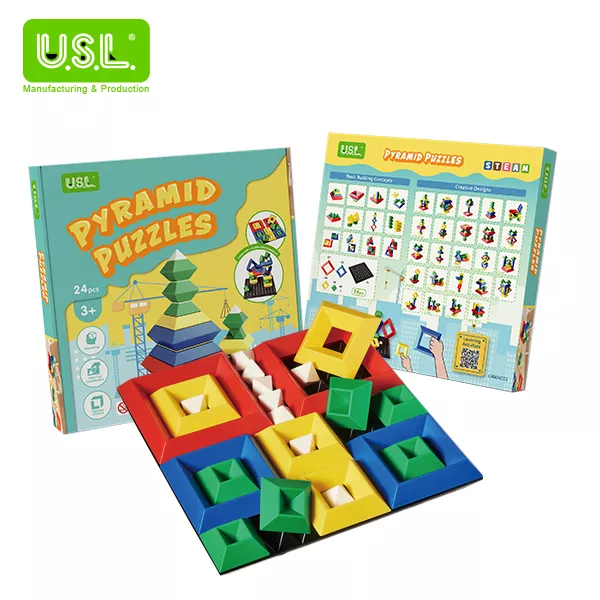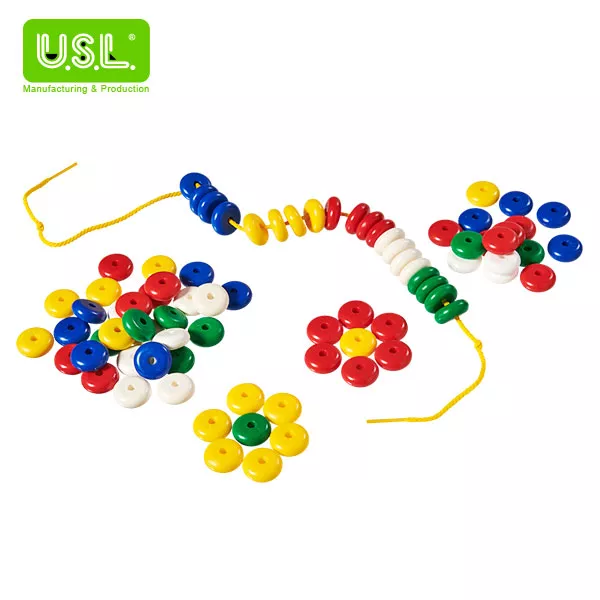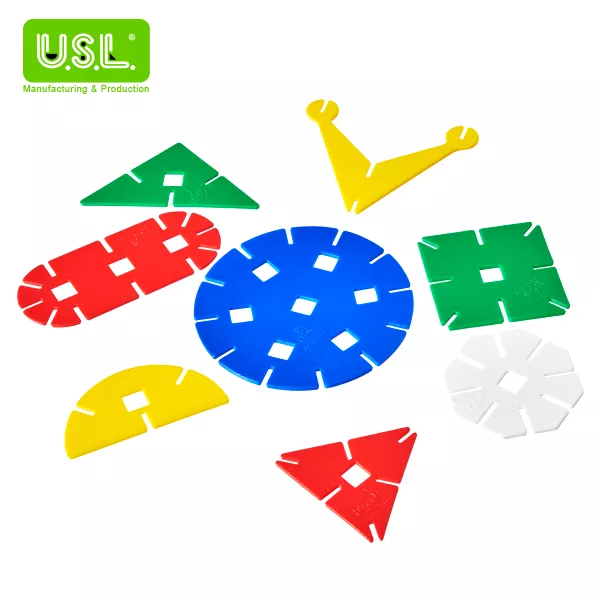How to Train Children's Cognitive Abilities? Can Building Blocks Improve Cognitive Skills?
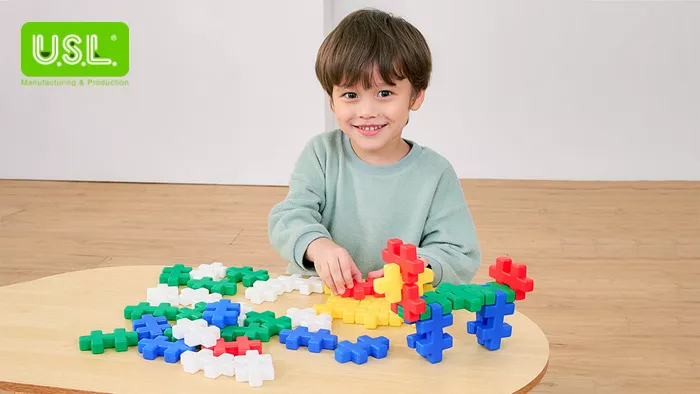
Methods for Training Children's Cognitive Abilities
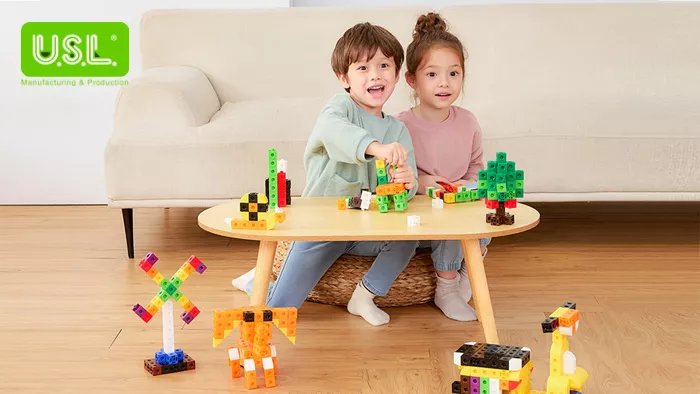
Educational Games and Toys
Using puzzles, building blocks, and number games stimulates children's logical thinking and problem-solving skills. These games challenge children to think critically, helping improve their cognitive abilities.
Language and Reading Activities
Reading storybooks or engaging in conversations with children helps enhance their language comprehension and expression. Interactive questioning and story analysis promote memory and language skills development.
Artistic Creation
Activities like drawing, coloring, and crafting enhance children's creativity and concentration. These tasks require detailed observation and hand-eye coordination, contributing significantly to cognitive development.
Physical Activities
Outdoor games and physical activities like jump rope and ball games not only promote physical health but also improve spatial awareness and coordination.
Social Interaction
Group games and cooperative activities teach children how to share, take turns, and resolve conflicts, which is crucial for developing social cognition and emotional understanding.
How Building Blocks Improve Children's Cognitive Skills
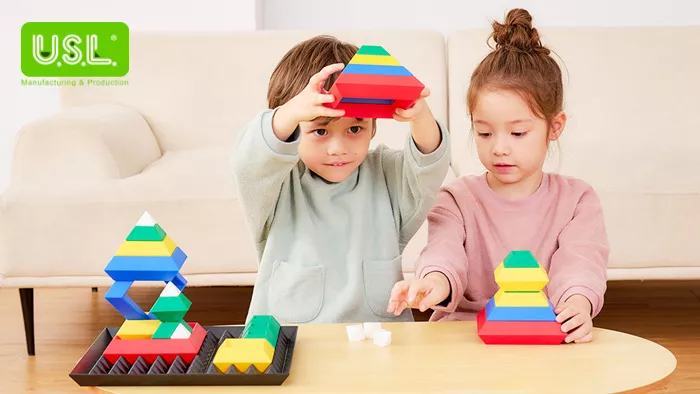
Building blocks are particularly effective as they train multiple cognitive skills through play. Here are the specific benefits of building blocks for cognitive development:
Promoting Problem-Solving Skills
Playing with building blocks requires children to solve how to construct stable structures, enhancing their logical and critical thinking skills. They often encounter challenges, learning how to adjust after failures.
Enhancing Spatial Awareness
When children build with blocks, they learn to understand spatial relationships between the blocks, improving their spatial imagination, which lays the foundation for future learning in mathematics and geometry.
Improving Hand-Eye Coordination and Fine Motor Skills
Playing with blocks involves precisely picking up and placing the pieces, helping children develop fine motor skills and hand-eye coordination, which are essential for future writing and artistic creation.
Stimulating Creativity and Imagination
Children can freely combine blocks to create various shapes and structures, stimulating their creativity and imagination. This process of free exploration helps broaden their thinking and encourages problem-solving in different ways.
Fostering Focus and Persistence
Building with blocks often requires children to spend extended periods focusing on completing the task, which trains them to maintain concentration on a single activity, improving focus and patience.
Promoting Color Recognition
Building blocks come in various colors, allowing children to identify and differentiate between them. During play, parents or teachers can guide children to recognize different colors, enhancing their color recognition and memory.
Enhancing Size Recognition
Building blocks come in different sizes, and children can learn to differentiate between large and small blocks through observation and manipulation. This helps develop their ability to compare and recognize the size of objects.
Improving Shape Recognition
Building blocks often come in different shapes, such as squares, rectangles, triangles, and circles. By combining these shapes, children learn to identify and understand the characteristics of various shapes, which is an introduction to geometry.
Fostering Creativity and Spatial Awareness
Building blocks can be combined into various shapes and structures, encouraging children to explore different construction methods during play. Through creative expression, children learn how to combine blocks into complex structures, enhancing their creativity and spatial imagination.
Promoting Problem-Solving Skills
When children build specific structures with blocks, they often face challenges, such as figuring out how to maintain stability or achieve a design goal. This improves their logical reasoning and problem-solving abilities.
Recommended articles
➤ Educational Toys for Children: Key Selection Insights Revealed!
➤ How to Choose the Right Educational Toys for Different Ages and Interests?
➤ How to Spark Children's Interest in Educational Toys?
➤ Enhancing Parent-Child Interaction Through Educational Toys
➤ How to Use Educational Toys for Family Education?
➤ How to Choose the Right Educational Toys for Different Ages and Interests?
➤ How to Spark Children's Interest in Educational Toys?
➤ Enhancing Parent-Child Interaction Through Educational Toys
➤ How to Use Educational Toys for Family Education?
Recommended products

